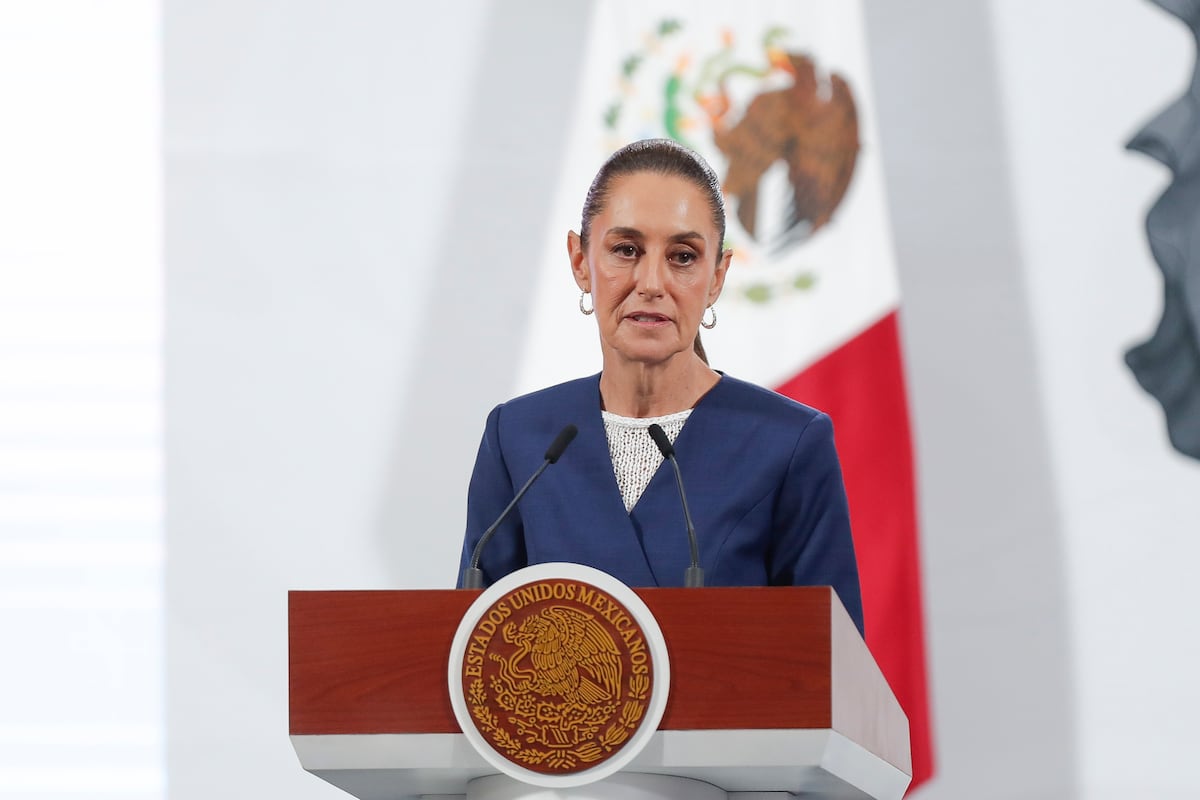We are looking for an independent senior editor
Sheinbaum Champions Strategic Incentives to Bolster Pharmaceutical Investment in Mexican Medicine Production
Claudia Sheinbaum, the President of Mexico City, has announced a significant decree aimed at enticing international pharmaceutical companies to invest in local medicine and medical supply production. This initiative is strategically designed to address the persistent issue of drug shortages and the financial burden of medicine imports on the Mexican government. Sheinbaum assures that companies investing within Mexican borders will have enhanced opportunities in public bidding processes in the forthcoming years.
Moreover, Sheinbaum plans to refurbish the state-owned enterprise Birmex, which oversees acquisitions and has faced operational irregularities. The initiative seeks to pave the way for companies from India, the United States, as well as from Europe and Latin America, including Brazil, to establish production facilities in Mexico. This, she asserts, will make medicines more affordable.
During a morning press conference, attended by Secretary of Health David Kershenobich and Eduardo Clark, the Subsecretary of Sectorial Integration and Coordination of Medical Attention Services, Sheinbaum emphasized the importance of local expertise collaborating with foreign industries to strengthen domestic medicine production. She highlighted the potential collaboration with research institutes to develop treatments tailored to diseases prevalent in tropical regions, such as dengue.
Mexico is grappling with a severe medication shortage crisis, impacting millions, especially those suffering from diseases like cancer. Patients and civil society organizations have raised alarms over corruption, inefficiency, and systemic failures in public hospital supply chains. These issues have been exacerbated since President Andrés Manuel López Obrador centralized medicine procurement under the Official Major of Finance, an initiative intended to eradicate corruption but resulting in administrative chaos and a 30% shortage last year.
In response, the government plans to significantly increase medication purchases for the 2025-2026 period via Birmex, backed by a massive investment of 130 billion pesos. A new digital procurement model is set to be implemented to further eliminate irregularities and corruption. Sheinbaum's decree stipulates that foreign pharmaceutical investments should proceed through Economic Development Poles for Well-being (PODECOBI) and Birmex, aiming to restore the company's production capacity.
Sheinbaum clarified, "We aim for Birmex, historically the vaccine producer for Mexico, to be central to these efforts. Despite its near disappearance during the neoliberal period, it retains substantial facilities capable of production. The decree will ensure that by 2026, bidding points will favor those with established plants in Mexico. This is our objective."
Subsecretary Clark remarked that the initiative is projected to reduce the state's expenditure on medication imports, currently amounting to 300 billion pesos biennially. Authorities anticipate leveraging supply chain infrastructure, creating new factories, laboratories, and warehouses. "A marked preference will be given to companies establishing operations in Mexico," the government affirmed.
The decree targets two primary objectives: prioritizing the procurement of generic drugs from companies investing locally and negotiating investment commitments with multinational pharmaceutical firms. Additionally, there is a focus on stimulating local research and production. "Beyond human resources and entrepreneurship, it is crucial for Mexico to evolve into a logistical hub, integrating the chemical industry to ensure the supply of active ingredients necessary for drug manufacturing," stated Secretary Kershenobich.















LEAVE A COMMENT